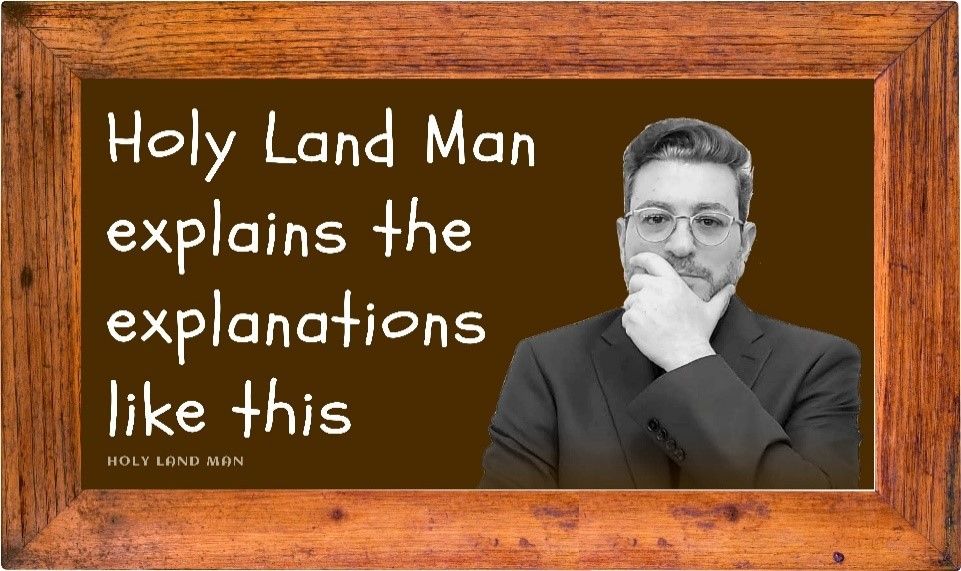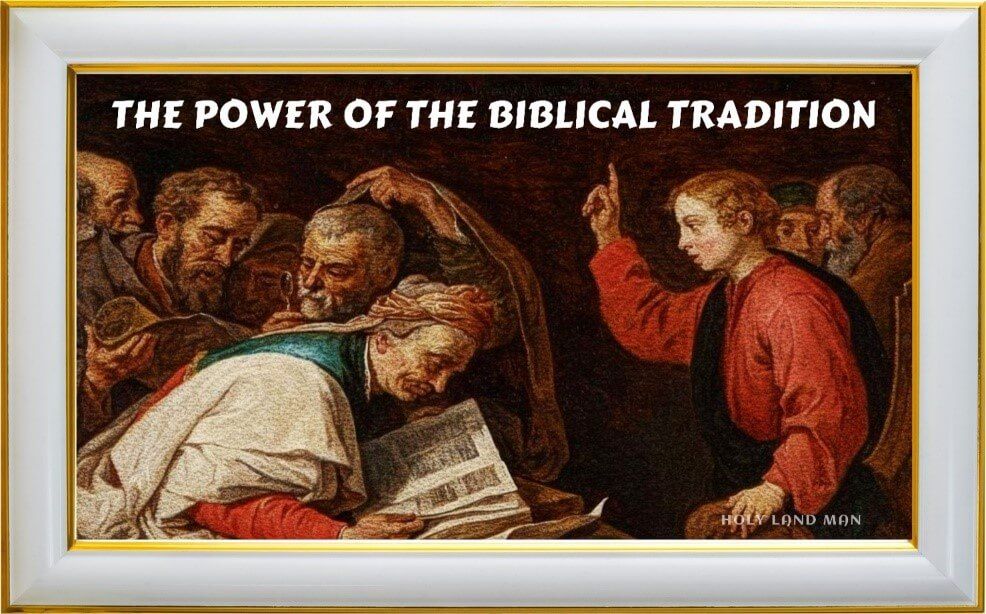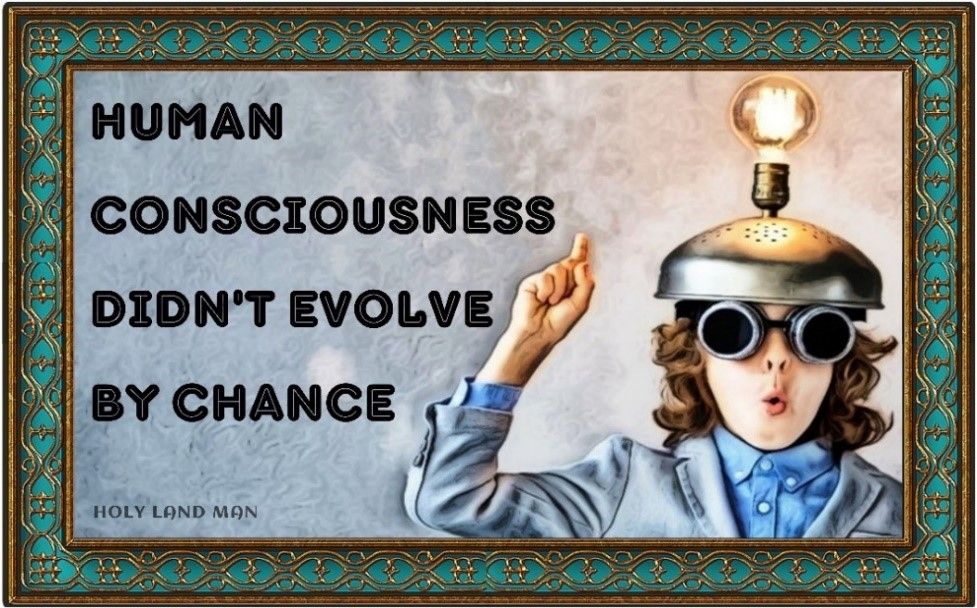However, although a critical examination shows that it is very difficult to find other mass traditions, this is not the only problem with this argument:
A. Most of the traditions of other peoples do not contradict the Jewish tradition. Naturally, they deal with the history of those peoples, not those of the People of Israel, and notably, there is no conflict between them. There is no tradition from the Torah period itself, from the Middle East, that is contrary to the Jewish tradition. We have seen that Greek and Roman historians regarded the Exodus as a historical fact and that the religions that arose after Judaism, Christianity, and Islam also accepted the stories of the Torah as the basis of their faith.
B. The Jewish tradition of the miracles of the Exodus and the revelation at Mount Sinai is exceptional among the traditions of revelation and miracles of other peoples: It depicts a founding national event, long-lasting in the eyes of the masses, documented in all its details. No story that meets all these conditions appears among any other people. Stories of miracles and revelations of various kinds usually occur only to individuals, to an unidentified audience with whom there is no continuous connection, often in the mythical time of history (i.e., in the beginning of the world), and constitute a short, one-time event that does not last decades. These differences make the Jewish tradition much more credible than all those other stories, and as we have seen, the uniqueness of the Torah stories shows that it is probably impossible to convince an entire nation to believe in such events if they did not occur in reality.
C. The unique history of the People of Israel, the tremendous influence of the Bible on human culture, and the miraculous fulfillment of the Torah prophecies on exile and redemption strengthen and testify to the truth of the Jewish tradition, which does not exist in other peoples.
D. An important point must be added to all of these critical points. Suppose hypothetically that one day there will indeed be a constitutive national tradition that is exactly the same as Judaism in every parameter we have mentioned, and for which it is clear to us that it is wrong. Then so what? Why does this teach anything about the credibility of Judaism? Experience shows that the testimonies of peoples regarding historical events that have taken place for that demographic are generally considered to be credible, and therefore there is no reason to deny them all, given some noted prior false testimony. This can be likened to the manner in which witnesses are received in court: as is well known, courts tend to accept testimonies from different people provided sufficient conditions.










